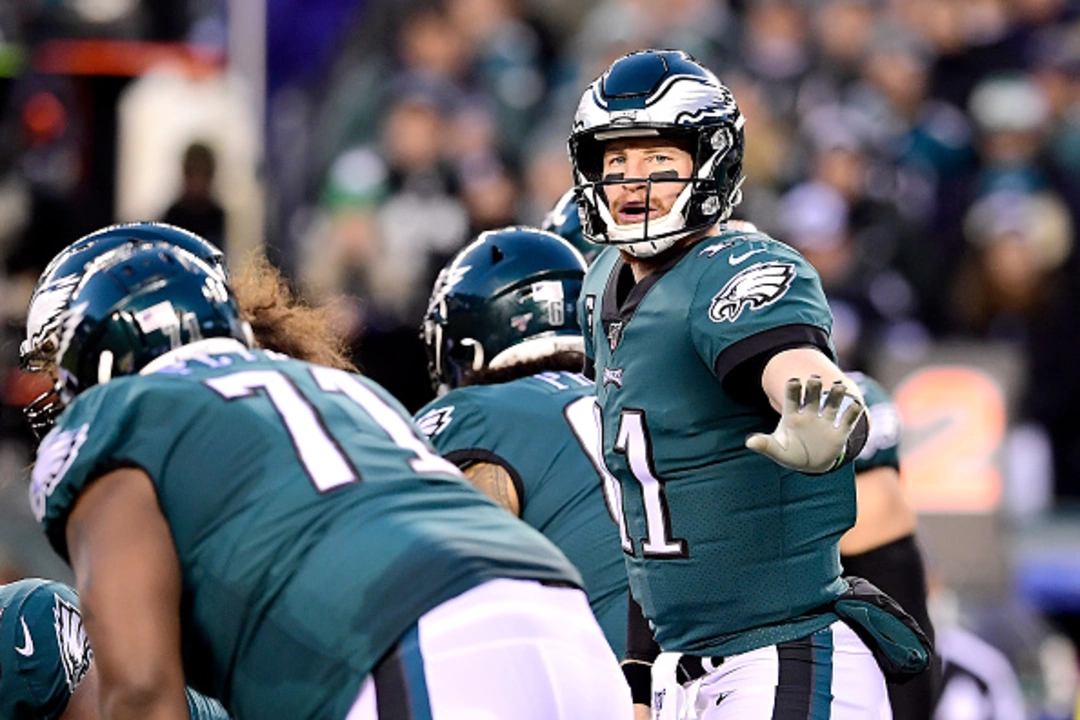Never Miss a Game Again: Your Go‑To Guide for Sports Scheduling
Keeping track of when your favorite teams play can feel like juggling a full‑time job, especially when leagues across the world release fixtures on different days. The good news? You don’t need a crystal ball – just a solid plan and a few handy tools. Below we break down the basics of sports scheduling, how to read fixture lists, and where to find reliable streaming info.
How to Read a Fixture List Like a Pro
Fixture tables are usually laid out by date, competition and venue. Start by spotting your team’s next home game – that’s the match you’ll likely watch in the stadium or on a local broadcast. Then note the kickoff time (often listed in GMT or local time). If the list uses 24‑hour format, convert it to your preferred AM/PM style to avoid confusion on game day.
Many fans also track away games because they affect travel plans and TV schedules. Look for columns that indicate "@" (away) or "vs" (home). When you see a match marked as "TBD," the league hasn’t confirmed the date yet – keep an eye on official club statements for updates.
Streaming & Broadcast Options – Where to Watch
Once you know the date and time, the next step is figuring out where to watch. In the US, the NFL’s Sunday Night Football lands on NBC and streams for free on Peacock. If you’re in the UK, Premier League games are split between Sky Sports, BT Sport and Amazon Prime, depending on the week. For a quick reference, the Ravens vs Bills clash (Week 1) will air on NBC at 8:20 p.m. ET and can be streamed live via Peacock – perfect for fans who don’t have cable.
Don’t forget to check if the match is available on a free legal stream in your country. Many leagues offer a limited‑time free window before the pay‑wall kicks in. If you’re a frequent viewer, consider signing up for a season pass; the upfront cost often works out cheaper than paying per game.
Now that you’ve got the basics, here are three practical steps to stay ahead of the schedule:
- Subscribe to official club newsletters. Teams send out email alerts the moment a fixture changes.
- Use a calendar app. Add each match as an event, set an alert 30 minutes before kick‑off, and watch the time auto‑adjust for daylight saving.
- Follow reliable sports news sites. Sites like Phil Day’s Sports Hub routinely publish ‘what to watch this week’ round‑ups, covering everything from Premier League kicks to college football eligibility news.
Got a question about a specific match time or how to stream a game on a particular device? Drop a comment on the article that talks about the Ravens vs Bills live stream, or ping us on the forum. We love helping fans lock in their schedules so they can focus on the action, not the logistics.
Remember, sports schedules aren’t set in stone – weather, cup runs and TV rights can move games around. By staying flexible and using the tools above, you’ll always be ready for that sudden kickoff change. Happy watching!
